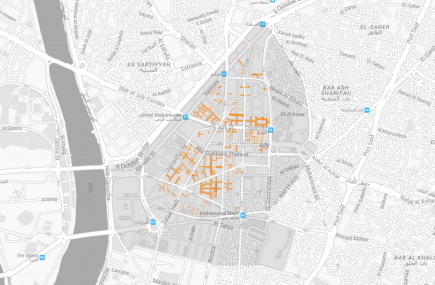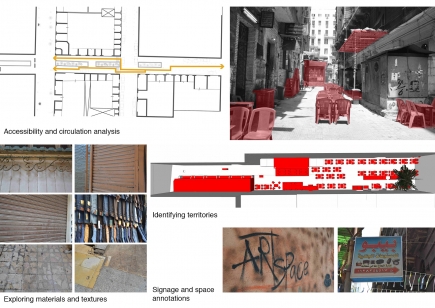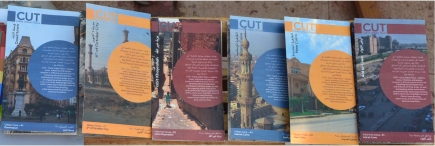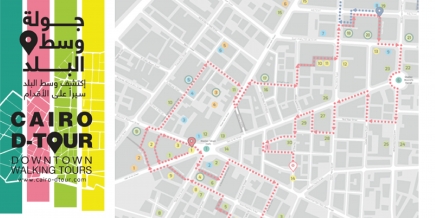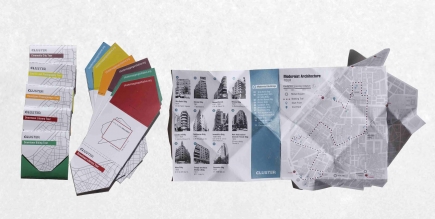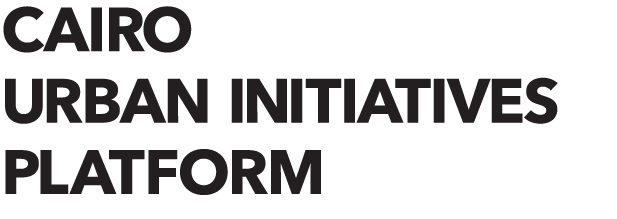| Theme: | |
| Format: | |
| Date: | Nov 13, 2014 6:00–7:00pm |
| Organized by: | Netherlands-Flemish Institute Cairo (NVIC) |
| Venue: | Netherlands-Flemish Institute Cairo (NVIC) |
| Address: | 1 Mahmoud Azmi Street, Zamalek |
The conflict in Syria, now in its fourth year, has produced 2.9 million refugees that are being absorbed by other countries of the region including Egypt. The number of Syrian refugees registered with UNHCR Egypt is 140,000. Egypt has no policy of encampment and as such all refugees live among the local populations. What are the challenges faced by Syrian refugees in Egypt? How do they differ from other refugee groups living in the country? What are the specific problems of Syrian women and youth? What is the impact of the ongoing political changes on their livelihood and protection? The lecture will provide an answer to these and other questions. It is based on an ethnographic study carried out by the Center for Migration and Refugee Studies at the American University in Cairo over a period of 15 months tracing the impact of the ongoing political changes in Egypt.
Maysa Ayoub is the research and outreach manager of the Center for Migration and Refugee Studies (CMRS) at The American University in Cairo. She has been with CMRS since November 2004. She has supervised and participated in many of the center’s research projects and organized most of the center ‘s conferences and other outreach events.
Ayoub is also a part-time adjunct faculty member in the Sociology Unit of AUC's Department of Sociology, Anthropology, Psychology and Egyptology, teaching introductory courses on social theory and Arab societies.
Ayoub is a PhD candidate in the Euro-Mediterranean studies program at the Faculty of Economics and Political Science, Cairo University. She has an MA in sociology and a graduate diploma in migration and refugee studies, both from AUC. Prior to joining AUC, she worked with local and international research institutions as well as nongovernmental organizations.


